My Child Blames instead of Taking Responsibility

Blaming others for personal failures might seem like a small issue, but it can develop into something more dangerous. Children who constantly blame others begin to believe that their happiness and success depend on external changes.
Watch this short video of Dr. Turansky explaining the danger of blaming.
This mindset is harmful because it disconnects them from the personal growth that comes from learning to take responsibility. Over time, this blame-shifting leads to a victim mentality, where a child believes, “If everyone else would change, I’d be fine.”
A victim mentality can quickly turn into entitlement—believing that others owe them something. It keeps them from recognizing their part in problems and hinders their ability to grow through mistakes. When children fail to acknowledge their own responsibility, they miss out on the powerful life lessons that correction can bring.
Helping Children Respond to Guilt
One dad shared that his daughter often responded to correction with anger, blaming others for her mistakes. She even internalized guilt, calling herself “stupid.” This kind of response reflects a deeper issue of not knowing how to process guilt healthily.
Realizing that his daughter was heading down a dangerous path, he pointed her to Proverbs 12:1, which says, “Whoever loves discipline loves knowledge, but whoever hates correction is stupid.” The same word the girl had been using to describe herself appeared in Scripture! This verse became a light-hearted yet powerful teaching moment. The child began to understand that correction isn’t something to fear—it’s an opportunity to grow wiser.
The Power of Correction
The dad illustrated the point further by telling his daughter a story. He asked her to imagine someone distracted by their phone, walking toward the edge of a cliff. What would you call that person if they kept walking without correction? The obvious answer: “stupid.” But what if someone intervened and helped the person avoid disaster? That’s the value of correction—it saves us from harmful outcomes.
Kids need to see that correction isn’t meant to hurt them but to help them grow. We can teach them that when they admit their mistakes and learn from them, they’re taking control of their lives rather than giving away their power by blaming others. Taking responsibility brings healing—sometimes physically, but more often emotionally and spiritually. Confession and accountability empower us to grow, while blame and victimhood trap us in stagnation.
Encouraging Responsibility Over Blame
As parents, it’s crucial to stop the blame game when we see it. Blaming is often a sign of deeper issues within the heart, like insecurity or a fear of failure. However, simply explaining this to our kids logically may not be enough. Instead, we can ask questions that help them reflect on their role in the situation. For example, “I know your brother took the remote, but what did you do that contributed to the problem?” This approach helps them see their responsibility without feeling attacked or ashamed.
The goal is to help children admit when they’re wrong and learn from their mistakes. It’s okay to be wrong sometimes—that’s how we learn. Teaching our kids to take responsibility for their actions gives them the power to make changes in their lives. When they stop blaming others and start owning their choices, they begin to realize that they are in control of their own actions and responses.
Blame is more than just a habit—it’s a signal of something deeper going on in your child’s heart. Helping children take responsibility is a powerful way to empower them and break the cycle of victim mentality. As you guide your children through correction, remind them that taking responsibility doesn’t mean they’ve failed—it means they’re growing. Encourage them to see correction as an opportunity to become wiser and stronger in character.
Remember, Proverbs 12:1 encourages us all to love discipline because it leads to knowledge. By teaching your child to embrace correction, you are equipping them for a lifetime of growth, humility, and spiritual maturity.
Are you seeing a pattern of blame or victim mentality in your child? Maybe you could think of some creative ways you’ve tried to communicate the value of correction and the importance of taking responsibility. This isn’t easy. Share your ideas in the comments below.
Dr. Turansky has created a low-cost, high-value product to introduce you to Biblical Parenting. 100 four-minute videos and a Biblical Parenting Cheat Sheet for just $11. Learn more here.
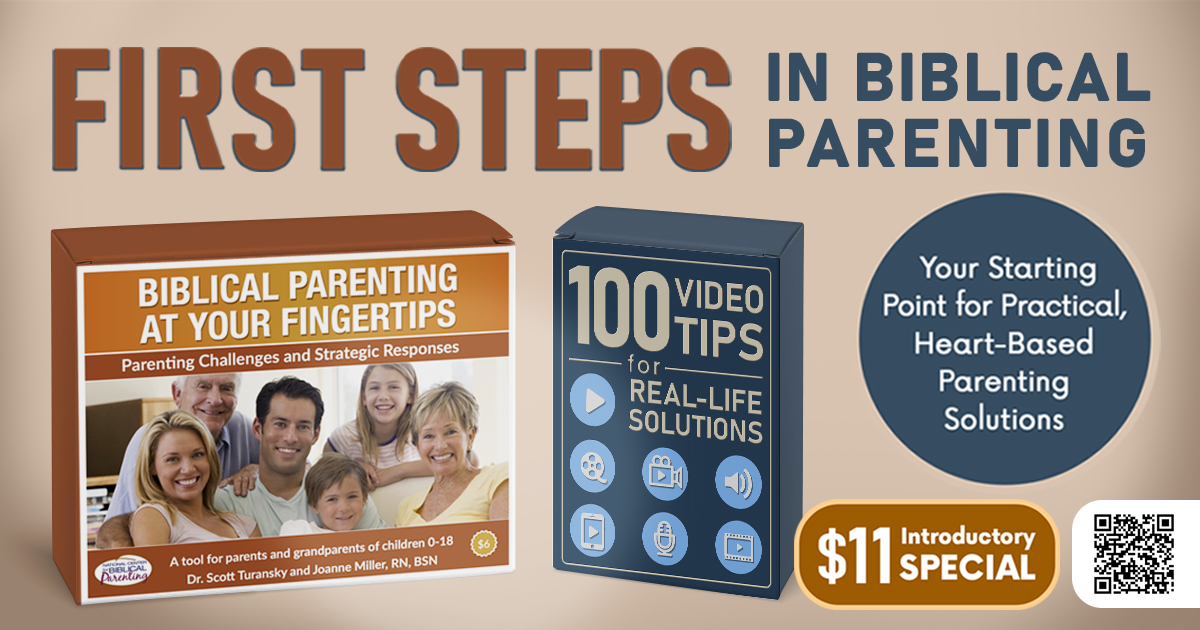

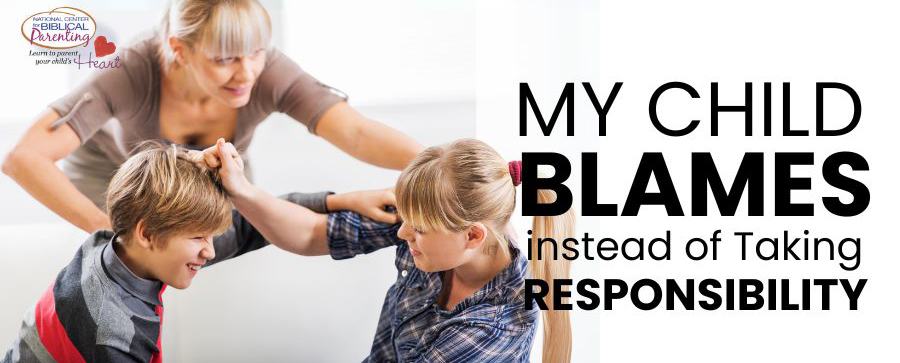


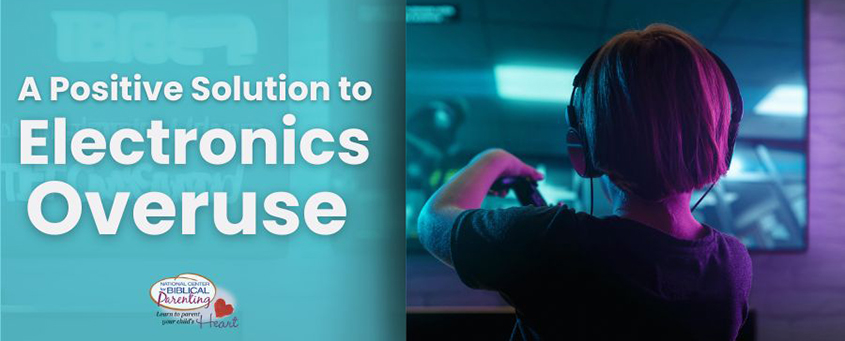



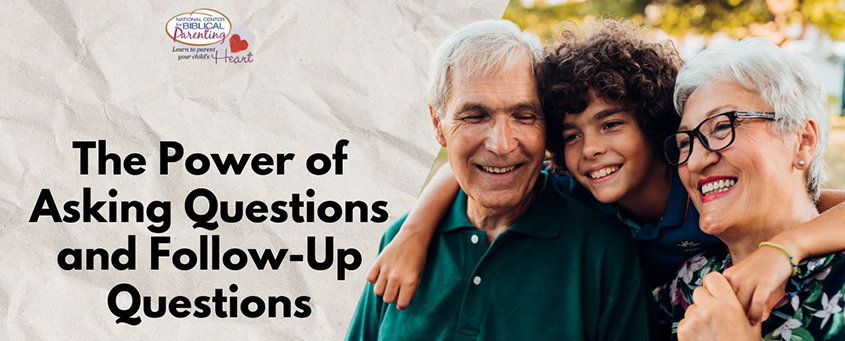
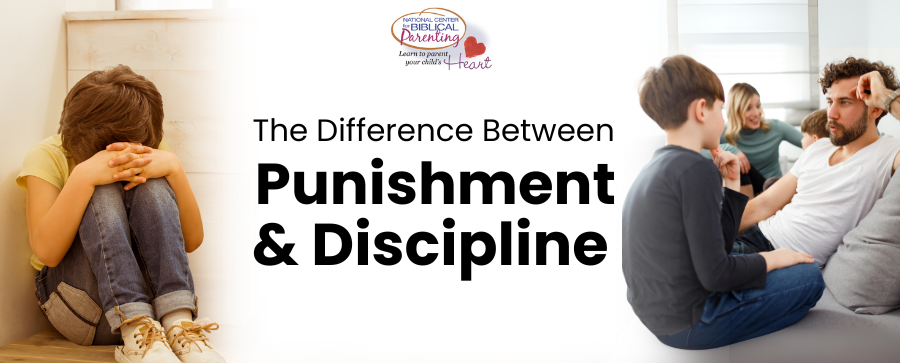
Leave a Reply
Want to join the discussion?Feel free to contribute!